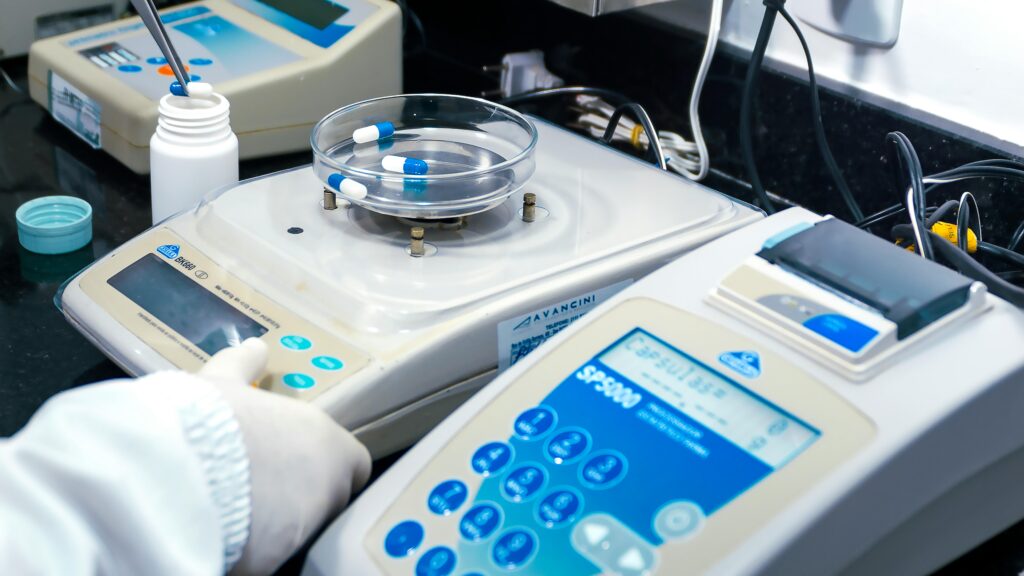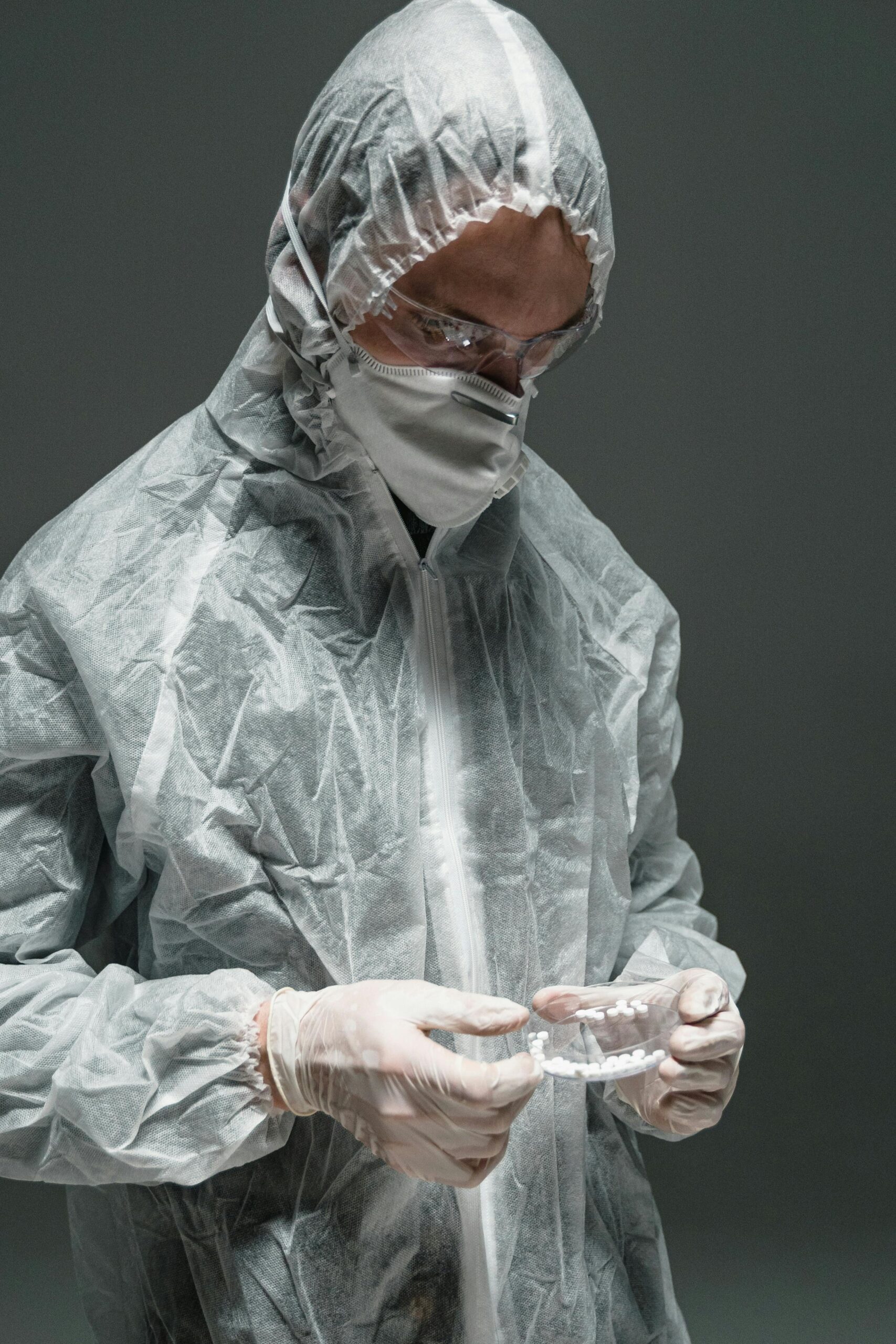Introduction to GMP Guidelines for Quality Control in the Pharmaceutical Industry
It is very important for the pharmaceutical industry to support severe guidelines for product quality. This is where good manufacturing practices (GMP) come into engage in recreation, particularly in the area of quality control (QC). The goal of GMP guidelines is to assurance that pharmaceutical products are time after time contrived and monitor in compliance with quality standards. These standards make sure that pharmaceuticals are safe and effectual for customers by cover a variety of production-related topics, from raw material selection to final product testing. This article explores the details of GMP guidelines in relation to the QC department, importance their importance, key rudiments, and suggested practices.

What are GMP Guidelines?
Governmental organizations like the European Medicines Agency (EMA) and the U.S. Food and Drug Administration (FDA) have recognized GMP guidelines as a set of system to guarantee that products are manufactured constantly and under quality standards administration. GMP’s primary objective is to decrease production-related dangers for pharmaceuticals, guaranteeing their security for human use.
GMP’s meaning in Quality Control
The base of pharmaceutical manufacturing is quality control, which makes sure that every product satisfies prearranged standards for quality.
Following GMP rules are helpful.
Minimize contamination and guarantee product reliability to make sure product safety.
Growing the effectiveness of products by ensure that the right quantity of the under attack active components is present.
Continue to comply: satisfying regulatory requirements to stay out of problem with the law.
Set up consumer Trust: Improving brand gratitude by contribution reliable products.
Significant fundamentals of GMP Guidelines for Quality Assurance
Qualification and Training of workers
A basic component of GMP involves guaranteeing that all personnel participate in the quality control process have the essential training and qualifications.
This comprises:
Recurrent Training:
Ongoing instruction in GMP guidelines, testing methods, and safety precautions.
Documentation:
Keeping track of training materials to guarantee responsibility and adherence.
Facilities and Equipment
The significance of suitable facilities and equipment in the QC process is emphasized by GMP rules. Important things to think about are:
Maintenance and Calibration:
Reliable inspections to guarantee that equipment is operating correctly and springy reliable data.
Design and Layout:
Establishment should be designed with divide spaces for a variety of testing phases in order to decrease the risk of contamination.
Control of Raw Materials
Pharmaceutical substance basic materials are where quality control starts.
Guidelines condition:
Supplier Qualification:
Assess and choose provider according to their QMS measures.
Testing of Incoming Materials:
Before using raw materials, they must experience thorough testing to make sure their quality and cleanliness or purity.
Check up of Quality Methods of Testing
QC departments are necessary to follow scrupulous testing procedures, such as:
Standard Operating Procedures (SOPs): open guidelines for organization samples and transportation out tests.
Testing Methods Validation:
Ensure that every testing method is verified to give up reliable results.
Record-keeping and Documentation
In the QC process, precise documentation is necessary and should cover:
Batch Records:
Detailed logs contain testing outcome and variances for every production batch.
Change Control:
Recording any update to machinery or measures that might have an effect on the quality of the final product.
Investigation and corrective Measures
A strong structure for investigations and corrective measures is essential when violations of distinct quality standards happen.
This comprises:
Reappearance can be avoided by identify the root cause of deviations from side to side root cause analysis.
Implementation of Corrective Measures:
Implementing the required changes to speak to problems and improve procedures. The Best Ways to be appropriate GMP Guidelines in QC
Organization can use the following best practices to apply GMP rules within the QC department:
1. What are GMP Guidelines for Quality Control in the Pharmaceutical Industry?creating a society of quality within the company motivates all staff members to put the quality of the product first in their daily work.
2. Recurrent inspection and Audits Internal audits and inspections help locate areas that need development and guarantee that GMP supplies are being followed.
3. Interacting with Authorities observance lines of communiqué open with regulatory bodies might give significant in order about imminent rule changes and compliance prospect.
4. Putting capital into Technology Using modern technologies to improve QC operations’ accuracy and efficiency includes mechanization (Automation) and data analytics.

Conclusion
The pharmaceutical industry’s Quality Control division cannot operate without GMP guidelines. Industries can guarantee that their products are superior, safe, and well-organized by following these guidelines. Each surface of GMP, from severe testing and documentation to employees training and equipment maintenance, adds to the overall honesty of pharmaceutical produce. Observance side by side of GMP rules and best practices will carry on being vital for guaranteeing customer safety and maintenance regulatory compliance.
For more related articles click on website
Frequently Asked Questions
1. In the pharmaceutical industry, what is the difference between quality assurance (QA) and quality control (QC)? The term Quality Assurance (QA) explains the methods and techniques used to guarantee developed quality with an importance on imperfection prevention. On the other side, quality control, or QC, tests and check up products to get flaw. We can say that QC is reactive but QA is proactive.


3 thoughts on “What are GMP Guidelines for Quality Control in the Pharmaceutical Industry?”